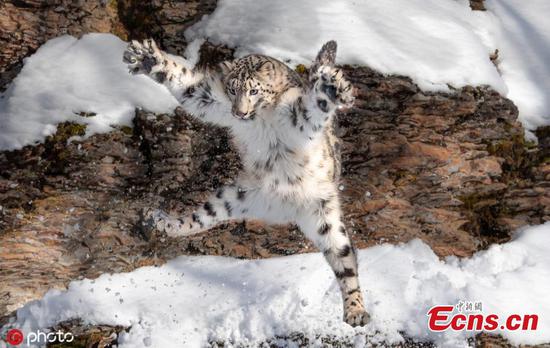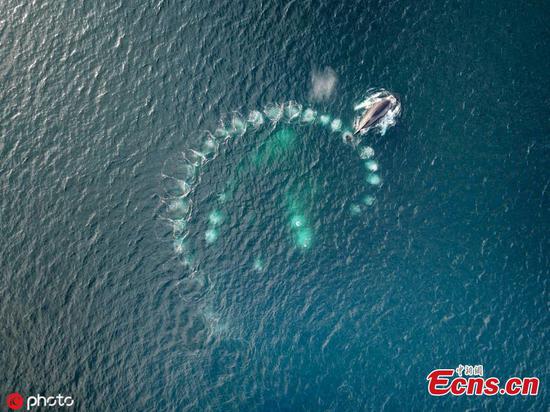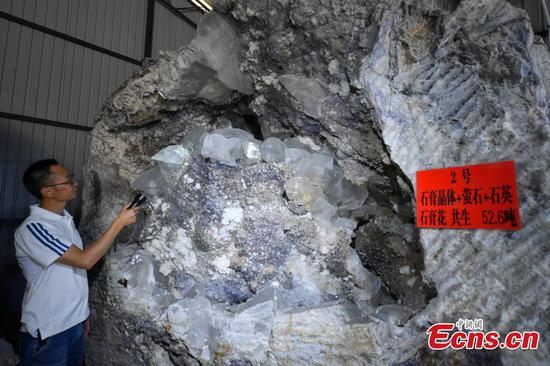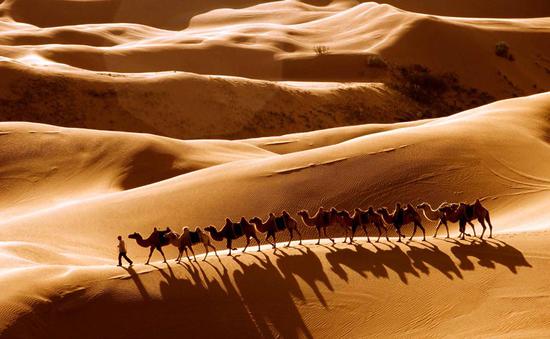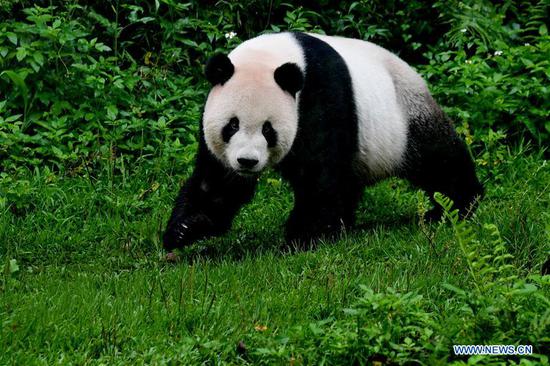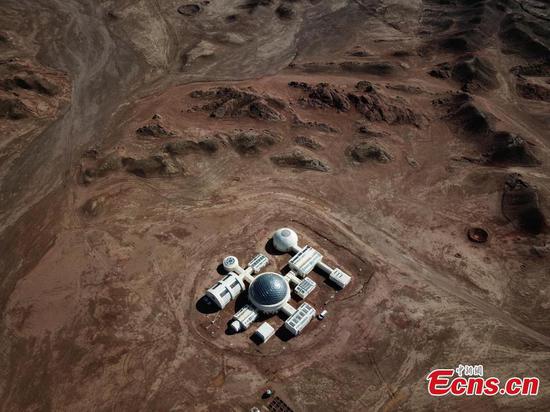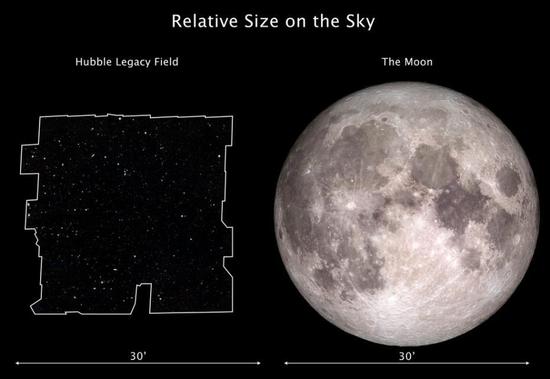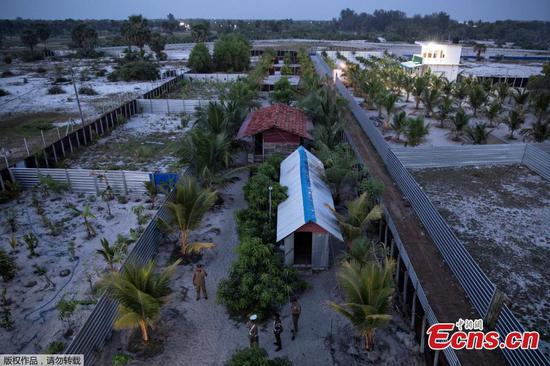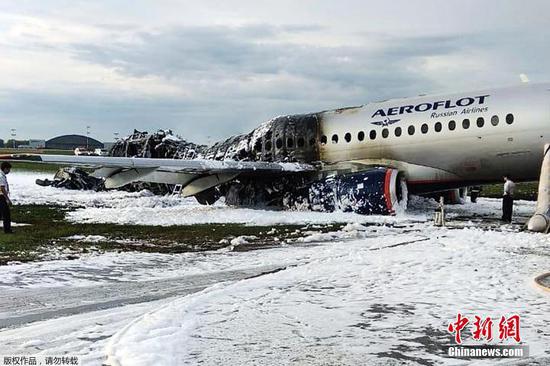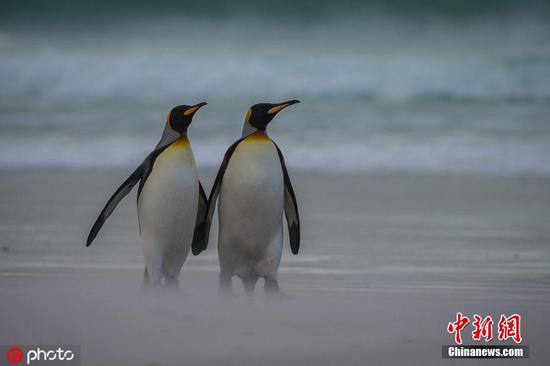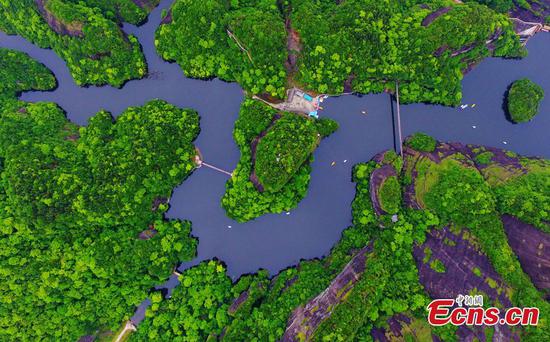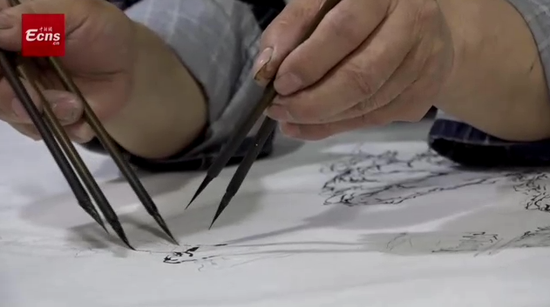The devastating impact of human activity will lead to the extinction of more than 1 million plant and animal species, many within decades, said a United Nations assessment report released in Paris on Monday.
Prepared by the Intergovernmental Science-Policy Platform on Biodiversity and Ecosystem Services (IPBES), more than 450 researchers and 15,000 scientific findings contributed to the report.
Raising the alarm over the high rate of natural resource destruction in the last five decades, researchers termed it as "unprecedented in human history."
Rising population coupled with climate change and overexploitation of natural resources is taking a toll on the ecosystem, the report said.
Globally, the human population has nearly doubled from 3.7 billion in 1970 to 7.6 billion, increasing demand for food, housing and energy which has altered land use and increased emissions. It has also led to the destruction of forests, rising air and water pollution.
Researchers found that due to human activities, nearly 25 percent of species in the assessed animal and plant groups are threatened, suggesting that about 1 million species are already facing the extinction threat.
"Ecosystems, species, wild populations, local varieties and breeds of domesticated plants and animals are shrinking, deteriorating or vanishing. The essential, interconnected web of life on Earth is getting smaller and increasingly frayed," said Josef Settele, one of the co-chairs of the report.
"This loss is a direct result of human activity and constitutes a direct threat to human well-being in all regions of the world," he added.









